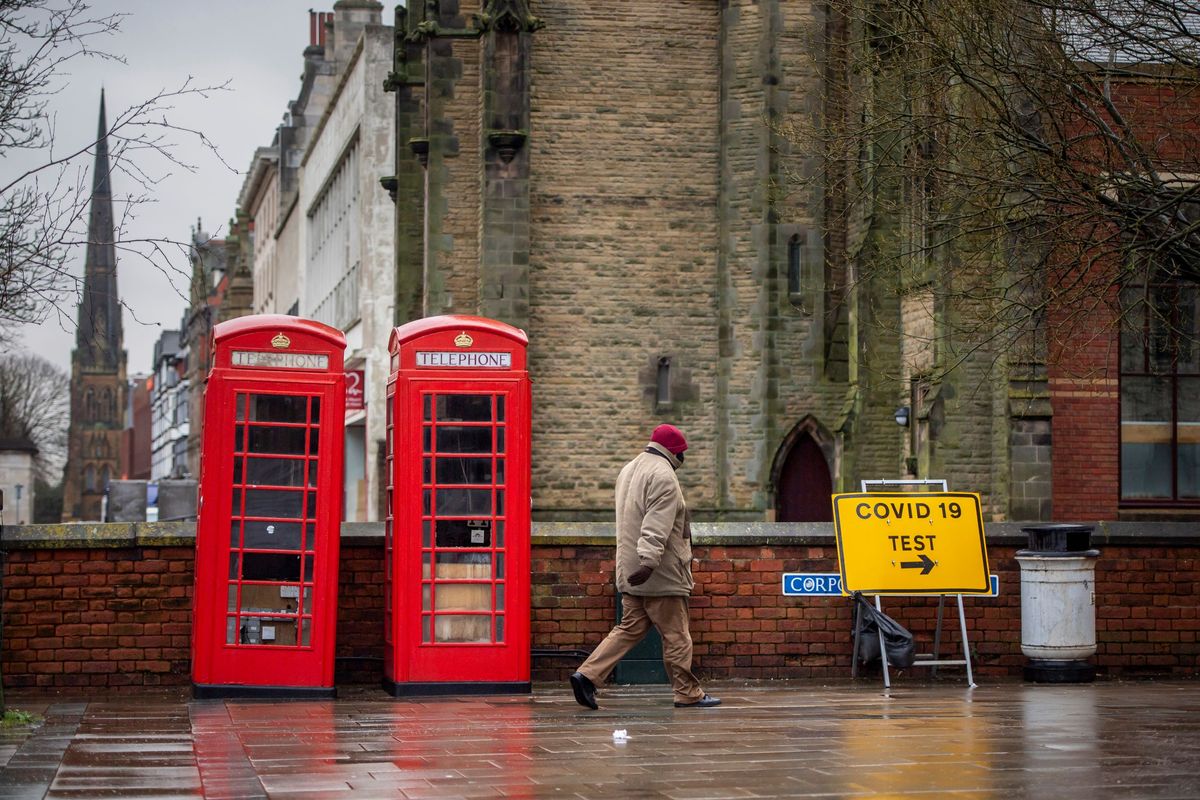In a handful of cases, the British coronavirus variant has developed a mutation that could help it evade current vaccines, according to news reports.
The variant, called B.1.1.7, was first identified in the UK in September 2020 and has since spread around the world. Live Science reported earlier. This variant is more contagious than earlier versions of the coronavirus.
On Monday (February 1), UK officials revealed that out of approximately 214,000 samples of the variant that underwent genetic sequencing, they identified 11 samples that received a mutation known as E484K, according to government documents.
This mutation has been seen before – especially in another coronavirus variant called B.1.351, which was first identified in South Africa in October 2020. Officials are concerned about this mutation because it could affect the effectiveness of COVID-19 vaccines. Indeed, data from several vaccine manufacturers, including Johnson & Johnson and Novavax, found that their COVID-19 vaccines were less effective in South Africa, where B.1.351 is predominant.
Related: South African coronavirus variant: All your questions answered
The E484K mutation may reduce the ability of certain antibodies to neutralize or inactivate the virus before it can enter cells. Live Science reported earlier.
However, seeing the E484K mutation in the UK variant does not necessarily mean that this variant is more contagious and resistant to vaccines, according to The New York Times. This is because the E484K mutation in the British variant may not have the same effect as in the South African variant; the impact of each mutation on a given strain depends on the exact genetic makeup of the strain, including all the other mutations it carries, reports the Times.
The E484K mutation has also appeared in new coronavirus variants in Brazil. Experts are still figuring out how the mutation benefits the virus.
This mutation occurs in the receptor binding domain (RBD), where the virus first attaches to human cells. Neutralizing antibodies that prevent the virus from entering cells bind to this site, so changes in the RBD may make it more difficult for these antibodies to recognize variants with the E484K mutation, according to STAT news. Variants with this mutation can spread more easily in populations where many people have already had COVID-19, making reinfections possible in people with previous antibodies.
The mutation “can transfer a fitness benefit in situations where immunity exists” to the virus, Nicholas Davies, a mathematical biologist at the London School of Hygiene and Tropical Medicine, told the Times.
But so far samples of B.1.1.7 with the E484K mutation seem very rare, and it is unclear whether versions of B.1.1.7 will start with this mutation in the UK, “I think this is possibly worrying, but difficult to say from the report what it means, ”Davies said.
Originally published on Live Science.
